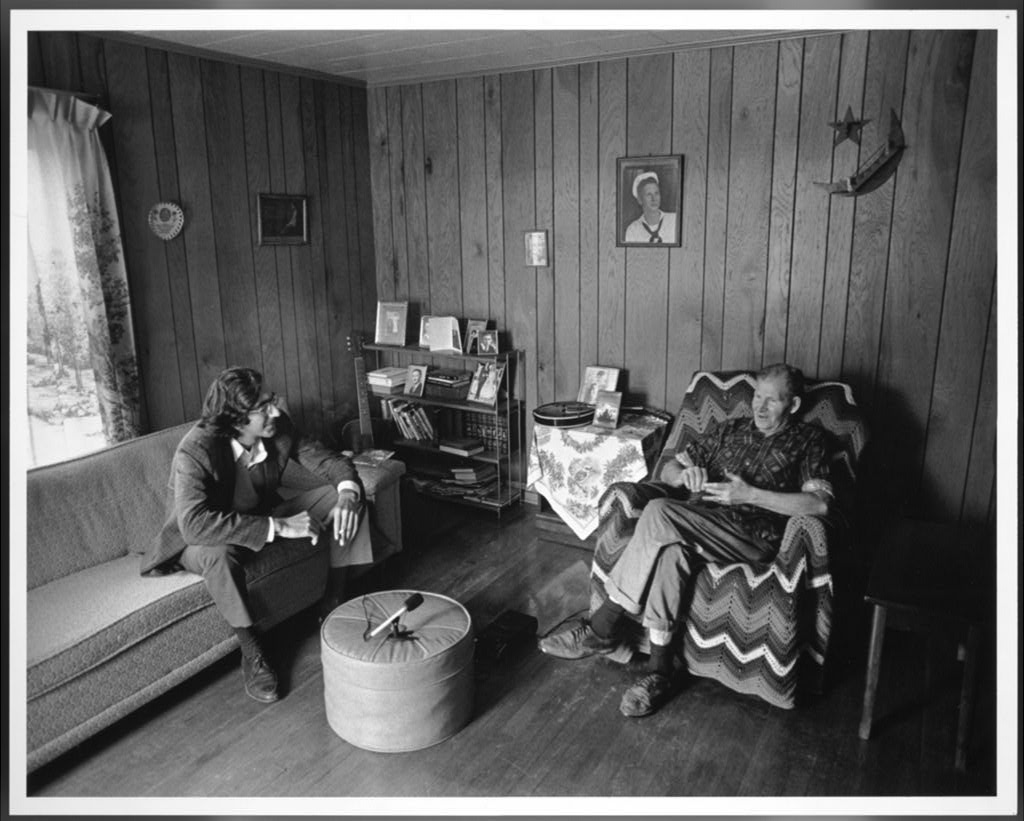My Southern Legitimacy Statement says: I have appeared several times in your pages, have read and been published in North Carolina, and one of my sons resides in North Carolina where I have visited and vacationed.
Lyle’s Word On The Lexicon of Forcible Memory
Lyle Goodbrow (an AKA), an avid reader, filled me in on his way with words from the very beginning of our long friendship in the same high school, the words blasting my mind into fragmentation hanging yet, the mass of them like the all-starred firmament coming back in odd times, due times, times crying for help in solitary hours where new ideas shoot like rockets on the loose, the sky calling down words to be heard, white pad written, typed, computerized; the responsibilities of catching them on the fly belonging right here.
Lyle, as I said, says it’s so.
Memories hang on me desperate for sounding, for eyes not mine, for those strangers who succumb to a few words, images, my final say in all of this, words free but costly; how connections arise, surprise, stay afloat, stay aboard. In that same high school, a girl turned away from my hello and walked elegantly off to her lifetime, smiling yet, a raving beauty yet, mother-proud, regal in skirts, the perfect edge of temperament. That same day, before anybody else greeted dawn, I slyly tore open my brother’s fragile V-mail letter from war’s wild Pacific, its onionskin contents marked by a censor’s serious look at life. And just a few moments later I also heard my cousin’s faint telephone voice for the last time, from a Port of Embarkation somewhere masqueraded on our East Coast, and remember his falsetto tone holding back, saying nothing, saying everything important to us.
Others must have ears like I have. Switched to late cool jazz after hearing Giacomo Puccini at his best in New Jersey, poetry books’ Jimmy Smith hears regal trumpets, knows what Auden meant, saying, “In the nightmare of the dark /All the dogs of Europe bark,” and rich words that fell from my poetic grandfather’s lips like reading from an Old World cairn, “the Red Fergus put down on a warring O’Sheehaughn,” words of music I also heard and recognized as my own, and war changing everything we know, heathens tossing stones at the other village.
Words and their images carry my heart locked into Saugus whose streets I walk the way I’ll walk another paradise, if there’s one like this, if I can earn my way to it, where the river comes palpable touching East Saugus, where one sees old pilings and boats, worn by muscle and time, continue journeys back into earth, where marshes turn suddenly brown, then white, and where friends, old, lost and forlorn, herald every corner I turn, telling me they love what I still have.
At Aveiro, Portugal, by the river’s mouth, boats scatter as compass points, small scoops on an interminably huge sea rising to the line of sight where gallant Genovese fell off the known world. They wait oarsmen, hands warm with women, mouths rich with memory and signals, whose sons later come to these small boats topping the Atlantic, anchored by thin rope and night’s tidal pull. It’s where I stood between commotion and silence, spills of olla podridas riding air with ripeness, earthly bath scents, night’s wet mountings, saw boats move like sea and earth move against a distant cloud. I have questions about the hammer that drove raw poles of moorings into the sea floor; a mustachioed Latin god, laughing at his work while waving to a woman on the strand, sees her, urged from bed or kitchen, eye him eye to eye. An artist could tell us what’s missing is important; before dawn, an oarsman knows old calluses where Atlantic sends messages up through heel and calf, through thigh’s thew and spinal matter radiant in miles of nerves, while small boats gathered at Aveiro only speak of loneliness.
I know Lyle hears these echoes, even now. The secret, he told me before he died, was he once sat in the same seat in the narrow English classroom where renowned poet Elizabeth Bishop sat during her freshman year at Saugus High School, the building long gone now, but the records are clear about Elizabeth, who lived in 1928 with an aunt at 20 Sunnyside Avenue before she took away some of Saugus-Lynnfield with her, as revealed in her poem, “Just North of Boston,” about Route One where Ship’s Haven Restaurant, later called “The Ship,” half buried into a hill mere feet from the gunnels, its aft end once pointing at the main road north-south, is ever gone, that bare piece of land, now stretching far away, waiting tenancy.







